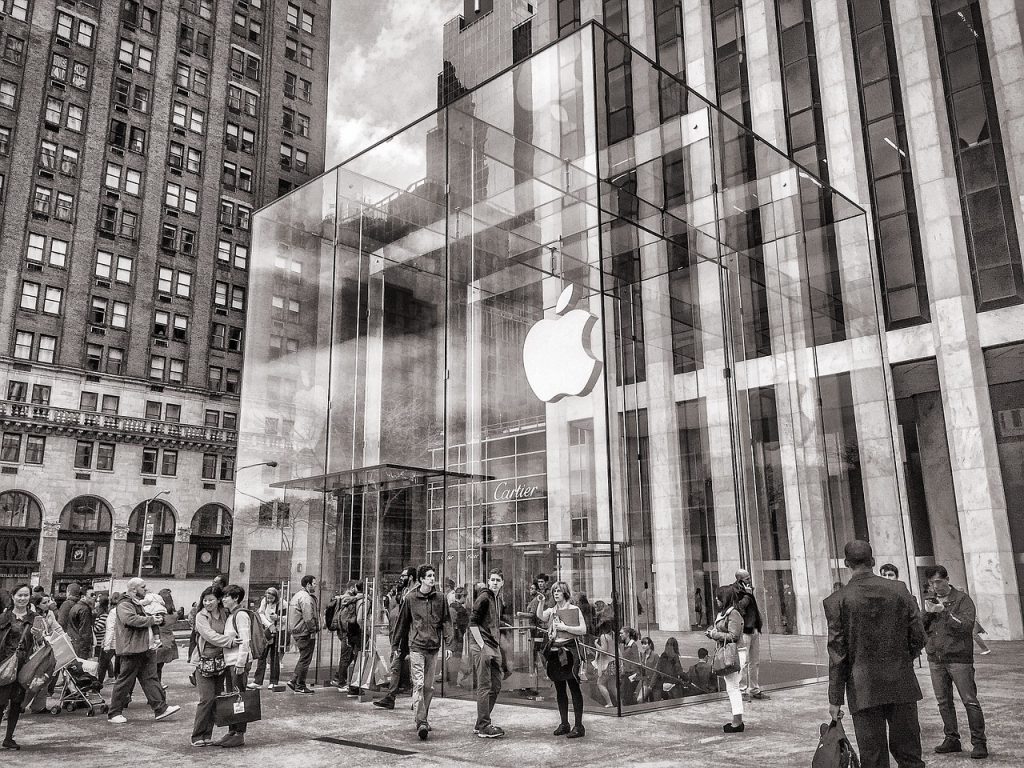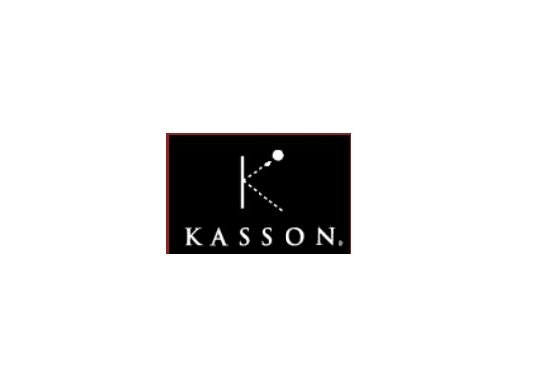Apple Settles Serious Ongoing Dispute
Apple has been fighting serious lawsuits concerning the app store. From fraud to unclear processes, the tech giant is coming under fire.

What if you created something, tried to get it on the Apple app store, got rejected, but then found that other developers made something less than optimum based on your original design? The kicker is that those sub-par designs — based on yours — got approved to sell on the app store.
You may think you’re living in an alternate reality, much like the Matrix, but unfortunately, it’s real. Seemingly, Apple ripped you off. Possible? It happened to developer Kosta Eleftheriou many times over. He fought back and recently settled with tech giant Apple over fraud, scams, and the loss of revenue.
Eleftheriou won his battle, but will it open the floodgates to expose other scams? Many developers out there hope it will.
Being Scammed
Most might hear about this and wonder how Apple could even let this happen. Undoubtedly, the tech giant has support and multiple quality control checks to assure its users are uploading and selling only the best. That may not be entirely true. Is it just smoke and mirrors, or is there something nefarious in the app store?
To sell an app on the app store, a developer must pay Apple commissions on their app. Then, as multiple lawsuits allege, the app store incentivizes scammers to rip off and profit from others’ work. Most developers get annoyed and just stop playing with the brand. Others, like Eleftheriou, take them to court. And end up settling.
How Apple Gets Away With Scamming
According to a recent 2022 article, just in one day, nearly 2 percent of Apple’s top-grossing apps were actual scams. The scams cost consumers and developers $48 million. Apple chief executive officer Tim Cook long argued that the brand needs to control app distribution on iPhones, or the app store could turn “into a flea market.” It appears we have now landed at the swap mart.
There are a couple of ways in which Apple is duping consumers in its app store. The first is where it dismisses an app idea due to “poor user experience design” and then allows another poor copy of that design to be sold. Oversight or scam? If Eleftheriou’s recent win tells us anything, it could be a confirmed scam.
Another way Apple has reportedly scammed consumers is by allowing some apps to be sold that purport to be created by trusted names like Samsung and Amazon. These apps purport to be VPN software but download viruses to your device.
In another instance, a QR code reader tricks some customers into paying $4.99 a week for a service already in exitance in the camera application of the iPhone. The brand giant has ultimate control over its app store, and some watchdogs say that is too much and enough is enough.
Apple essentially has a monopoly over its apps, creating a false sense of security because it appears that Apple has put its stamp of approval on everything sold within the app store. In a recent Tell Me Best report, Apple allowed a child to go on a $2,500 spending spree. Is anyone minding the store?
Getting to the Core of Apple’s Truth
So, what’s true? Has the tech giant truly green-lighted every piece of software it sells in its app store, or is no one watching what goes on? Until the store sees improvement, no one may honestly know the true source of scams and the reason behind them.
Apple has no major competition. Will this change in the future? Perhaps hero developer Kosta Eleftheriou, has gained only one of the first wins in what will surely be a long battle. As Tell Me Best has reported, Apple lost a major lawsuit with Fortnite publisher Epic Games. As Apple, the tech giant settles more suits and loses others, perhaps it’s only a matter of time.











